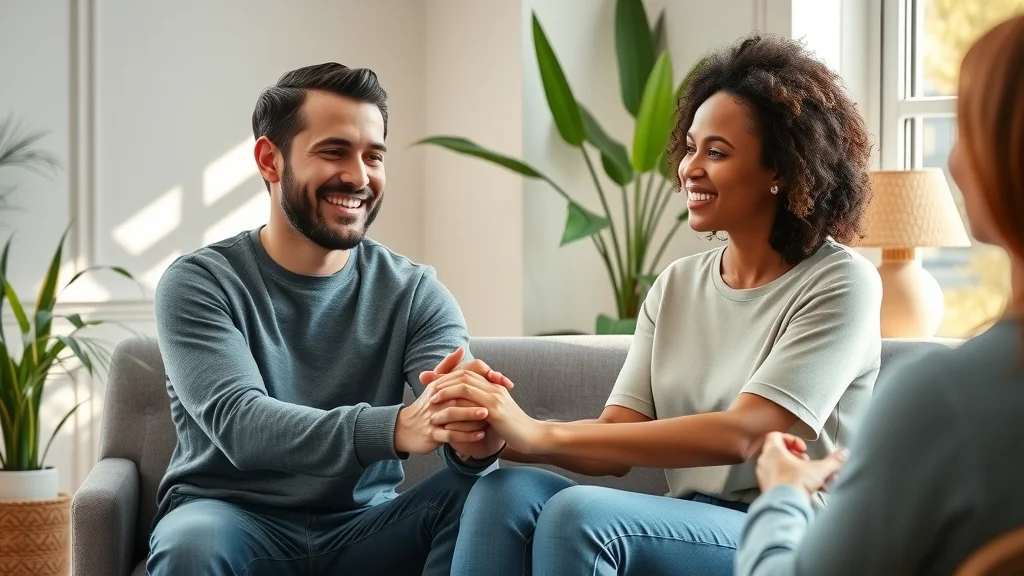Communication can be a big source of conflict in partnerships, family relationships, and friendships. Becoming a better communicator isn’t only about working on expressing yourself — it’s also about learning how to really hear what the other person has to say.
When my clients ask about how to improve their listening skills, these are the top three areas we work on that can lead to significant change.
1. Focus
It seems simple, but it’s worth stating — focus on the conversation at hand. Minimize any distractions in the environment like loud music or text notifications. Don’t multitask; you can’t truly give someone your undivided attention if you’re folding laundry at the same time.
Avoid planning what you’re going to say next while listening to the other person speak; you might miss additional information or nuances to their thoughts by getting caught up in how you’re going to respond. Make sure you’re really listening to what they’re saying in the here and now; don’t project connections to other past conversations or issues that you’ve had that will distract you from your current discussion.
2. Check for understanding
If you’re not sure you understand what the other person is trying to share with you, get more clarity instead of making incorrect assumptions. It might feel awkward to ask questions like “Can you tell me more about that? I’m not sure I get it” or “I still don’t understand what you mean by that, would you mind walking me through it again?”, but it could save a lot of time and frustration in the long run.
Echoing back the ideas and emotions that have been shared with you is another way to check that you’re understanding things correctly. You can do this by repeating back what the other person said to you (eg: if your partner says “I felt hurt when you stayed out so late last night without texting me”, literally saying “you felt hurt when I stayed out so late last night without texting you”), or summarizing the meaning of what they’re communicating (eg: “it really bothered you that I stayed out later than I expected and didn’t check in with you).
Remember, checking for understanding doesn’t mean you have to wholeheartedly agree with what the other person has to say. It’s simply about making sure you know what they have to say, so that you’re both on the same page as the conversation moves forward.
3. Be attuned to non-verbal communication
As you are listening, pay attention to non-verbal cues such as posture and facial expressions that may give you added context to what the other person is communicating. Be aware as well of your own non-verbal cues, and how they may encourage or discourage open dialogue. Actions like eye contact and nodding can show that you are interested and engaged in the conversation you’re having, whereas slouching or a sulking facial expression can suggest that you don’t want to hear what the other person has to say.
Enhance your skills
Developing better listening skills isn’t always easy, especially if you have little practice with open and honest communication, you experience a neurodevelopmental condition like ADHD that disrupts attention, or you have a history of trauma that intensifies the experience of emotional exchanges.
Therapy can help you look at whatever is holding you back, and explore solutions that can help you become a better listener. I can tell you more in a free phone consultation — click the button below and we can set one up as soon as possible.
 Add Row
Add Row  Add
Add 



Write A Comment